Briton sentenced for huge cyber attack on Liberian telco
Operating out of Cyprus, this hacker-for-hire knocked the entire country's internet offline - thought to be world first

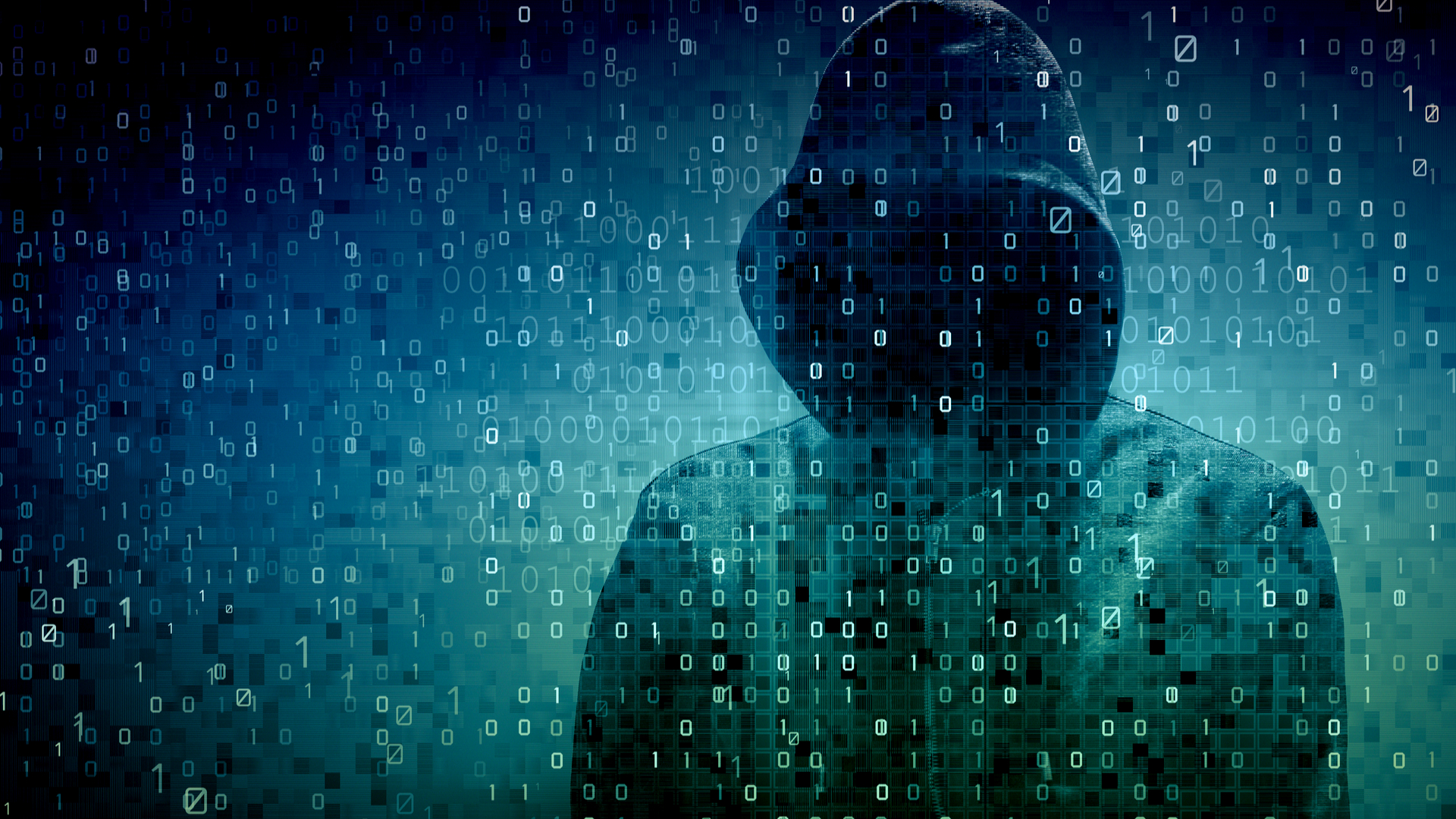
Sign up today and you will receive a free copy of our Future Focus 2025 report - the leading guidance on AI, cybersecurity and other IT challenges as per 700+ senior executives
You are now subscribed
Your newsletter sign-up was successful
A British cyber criminal hired by a Liberian telco has been jailed for 32 months in the UK for unleashing targeted DDoS attacks against another rival telco in 2016.
Being paid a monthly retainer by Cellcom, Daniel Kaye used a Mirai botnet which harnessed unsecured webcams to inundate Lonestar, the rival telco, with unsustainable levels of traffic which at its peak, caused the entire country's internet to go down.
Legal or not, it was definitely effective. Lonestar claimed its inability to provide service to its customers resulted in the loss of tens of millions of dollars as customers left the network. The telco also spent a further $600,000 in remedial action to prevent further attacks.
Kaye also hacked Deutsche Telekom's infrastructure to transmit some of the traffic to Lodestar.
After his spell in Cyprus where hs was based during his freelance Liberian attacks, Kaye returned to the UK in February 2017 and was arrested carrying $10,000 on his person, a sum which was part of the payments he received from Cellcom.
The National Crime Agency by this time had already linked him to the unsuccessful attack on three British banks - Lloyds, Barclays and Halifax - in January 2017 but Kaye claims he loaned out the botnet on the dark web during this time. These charges were later formally dropped.
Germany wanted Kaye extradited to face punishment there for hacking and misusing its infrastructure but instead, he faced the stronger charges for his crimes in Africa.
Sign up today and you will receive a free copy of our Future Focus 2025 report - the leading guidance on AI, cybersecurity and other IT challenges as per 700+ senior executives
Kaye was tried and sentenced in the UK because British law (Computer Misuse Act 1990) allows a cyber criminal to prosecuted for an offence anywhere in the world.
Kaye is believed to be the first cyber criminal to bring down an entire nation's internet and as a result, "a substantial number of Lonestar's customers switched to competitors", said Babatunde Osho, Lonestar's former chief executive in written submissions to the court.
"In the years preceding the DDoS attacks, Lonestar's annual revenue exceeded $80m (62.4m). Since the attacks, revenue has decreased by tens of millions and its current liabilities have increased by tens of millions."
"Daniel Kaye was operating as a highly skilled and capable hacker-for-hire," said Mike Hulett, head of operations at the National Cyber Crime Unit. "His activities inflicted substantial damage on numerous businesses in countries around the world, demonstrating the borderless nature of cyber crime.
"Working in collaboration with international law enforcement partners played a key role in bringing Daniel Kaye to justice."
"The fact that he was caught and brought to justice shows some of the value of continued cooperation with our European counterparts in tackling cybercrime on a cross-border basis," said Paul McKay, senior analyst at Forrester. It is a rare example of a successful prosecution of a cybercriminal in an area where criminal attribution and bringing individuals to court to face prosecution is notoriously difficult."
Kaye was unsuccessful in the UK, but the botnet was so effective in Africa because Liberia's internet at the time was only provided only by a few telcos, relying on limited Atlantic cable which isn't as secure as modern European internet as traffic can reach users through more routes.
According to investigators, Liberia's internet was repeatedly downed between November 3 and November 4 2016 disrupting not just Lonestar but organisations and ordinary users up and down the state.

Connor Jones has been at the forefront of global cyber security news coverage for the past few years, breaking developments on major stories such as LockBit’s ransomware attack on Royal Mail International, and many others. He has also made sporadic appearances on the ITPro Podcast discussing topics from home desk setups all the way to hacking systems using prosthetic limbs. He has a master’s degree in Magazine Journalism from the University of Sheffield, and has previously written for the likes of Red Bull Esports and UNILAD tech during his career that started in 2015.
-
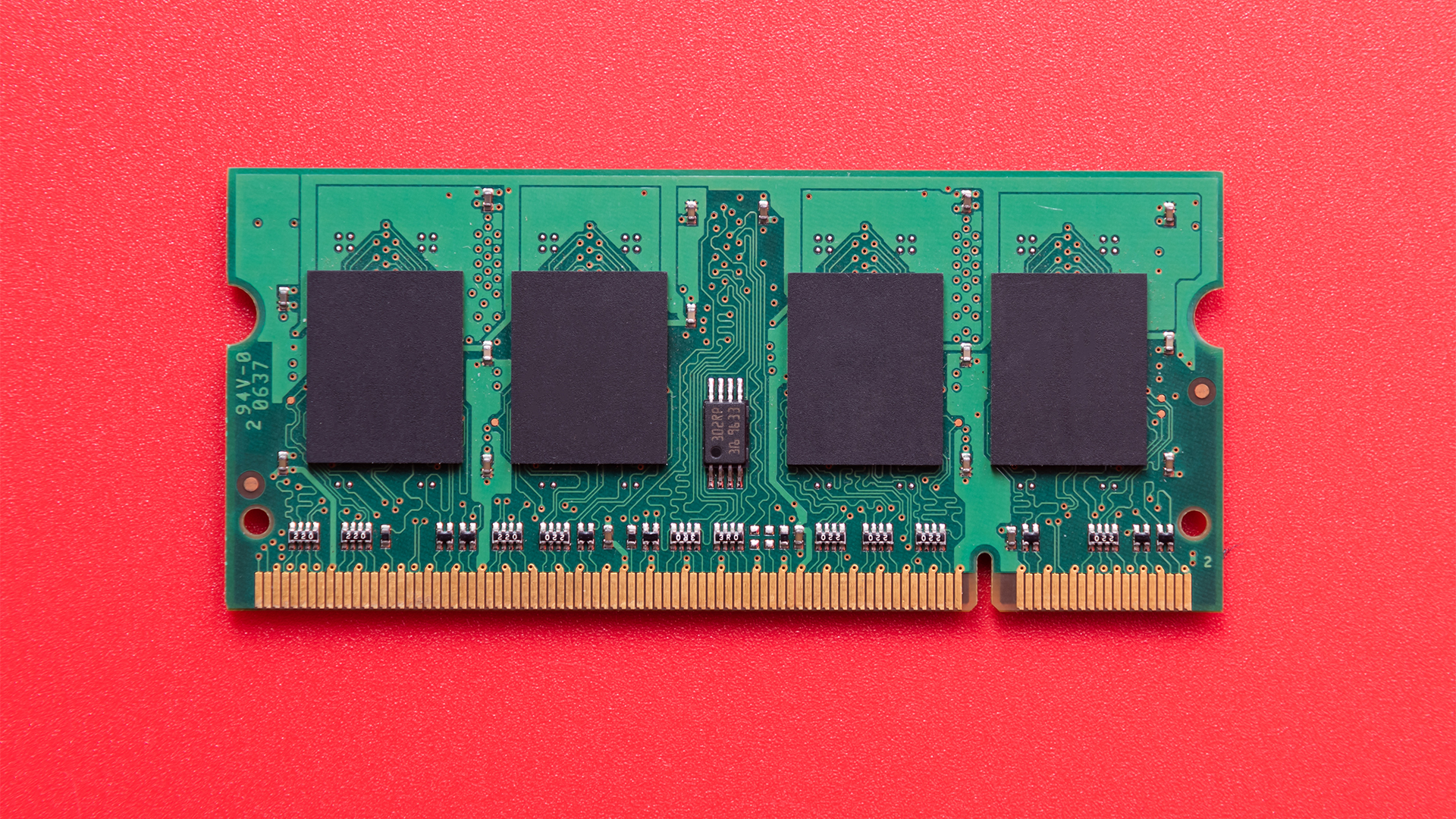 Scalper bots are running riot as memory shortages continue
Scalper bots are running riot as memory shortages continueNews DataDome says bots are driving up the price of DRAM even further thanks to AI demand
-
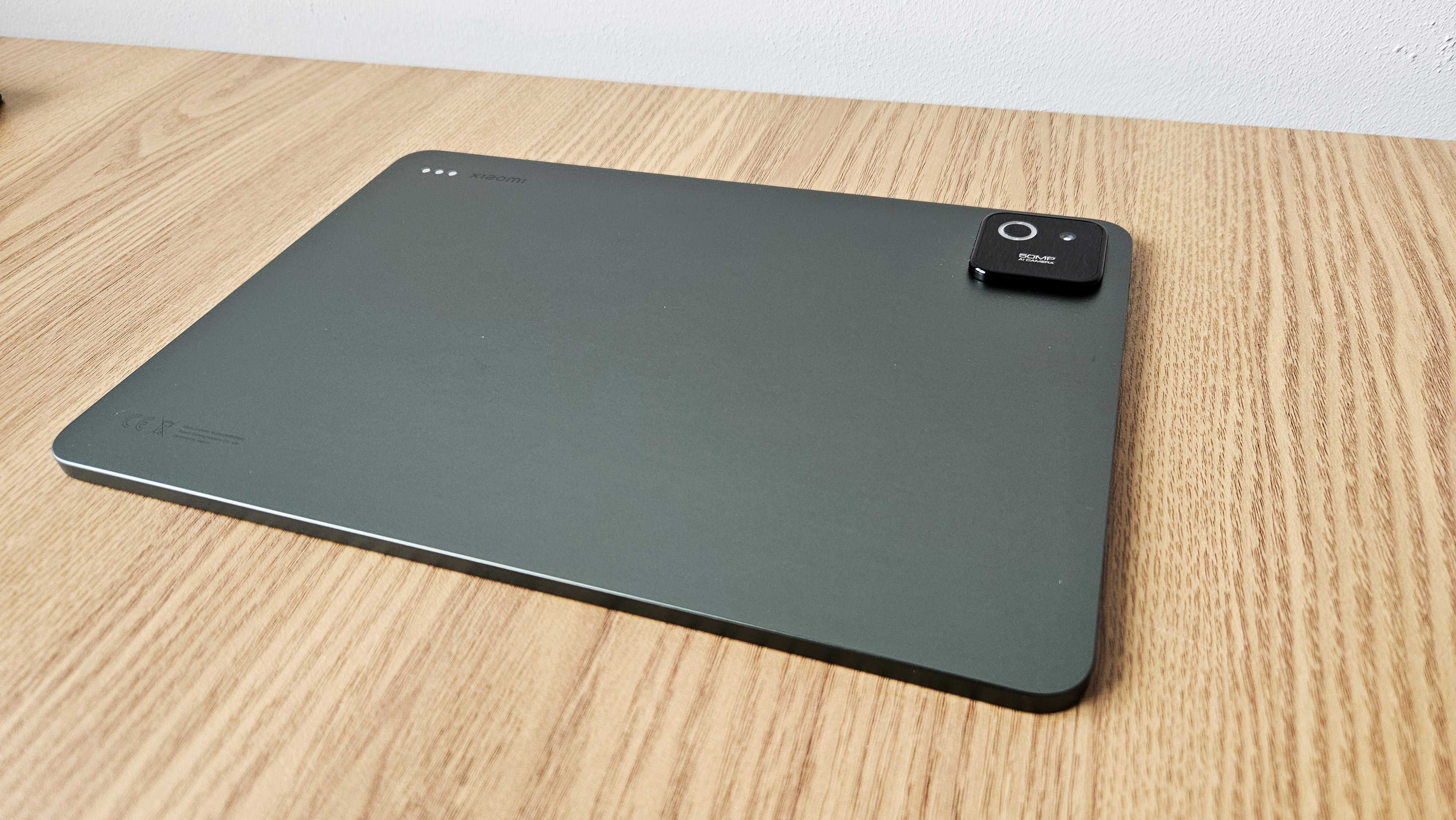 Xiaomi Pad 8 Pro review
Xiaomi Pad 8 Pro reviewReviews Xiaomi's newest entry offers strong performance, a vibrant 11-inch screen and a blockbuster battery life to maximize productivity
-
 Europol hails triple takedown with Rhadamanthys, VenomRAT, and Elysium sting operations
Europol hails triple takedown with Rhadamanthys, VenomRAT, and Elysium sting operationsNews The Rhadamanthys infostealer operation is one of the latest victims of Europol's Operation Endgame, with more than a thousand servers taken down
-
 Seized database helps Europol snare botnet customers in ‘Operation Endgame’ follow-up sting
Seized database helps Europol snare botnet customers in ‘Operation Endgame’ follow-up stingNews Europol has detained several people believed to be involved in a botnet operation as part of a follow-up to a major takedown last year.
-
 Horabot campaign targeted businesses for more than two years before finally being discovered
Horabot campaign targeted businesses for more than two years before finally being discoveredNews The newly-discovered Horabot botnet has attacked companies in the accounting, investment, and construction sectors in particular
-
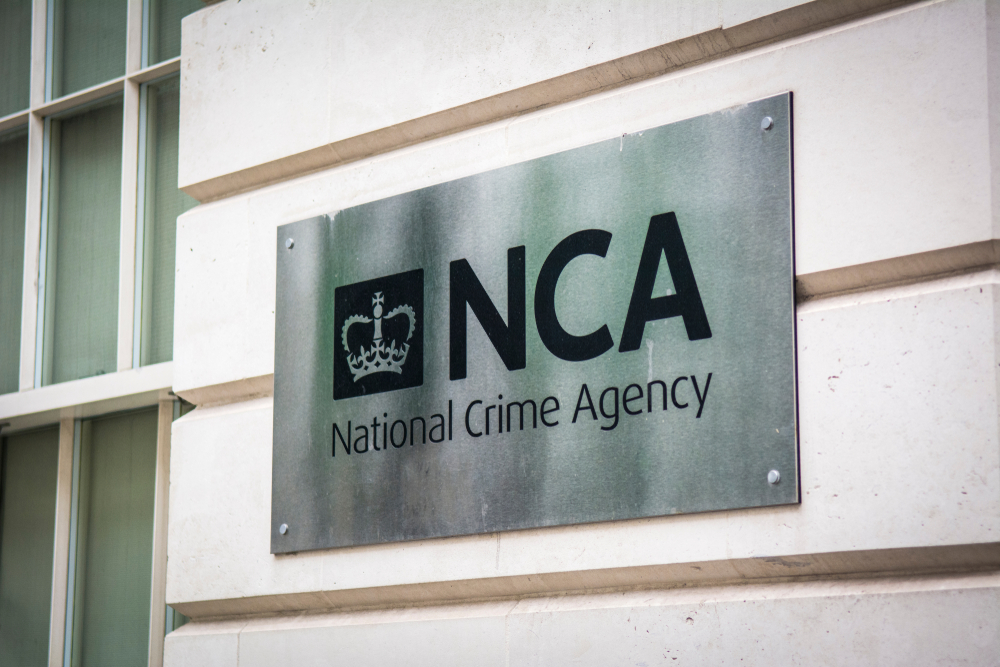 UK crime fighters wrangle “several thousand” potential cyber criminals in DDoS-for-hire honeypot
UK crime fighters wrangle “several thousand” potential cyber criminals in DDoS-for-hire honeypotNews The sting follows a recent crackdown on DDoS-for-hire services globally
-
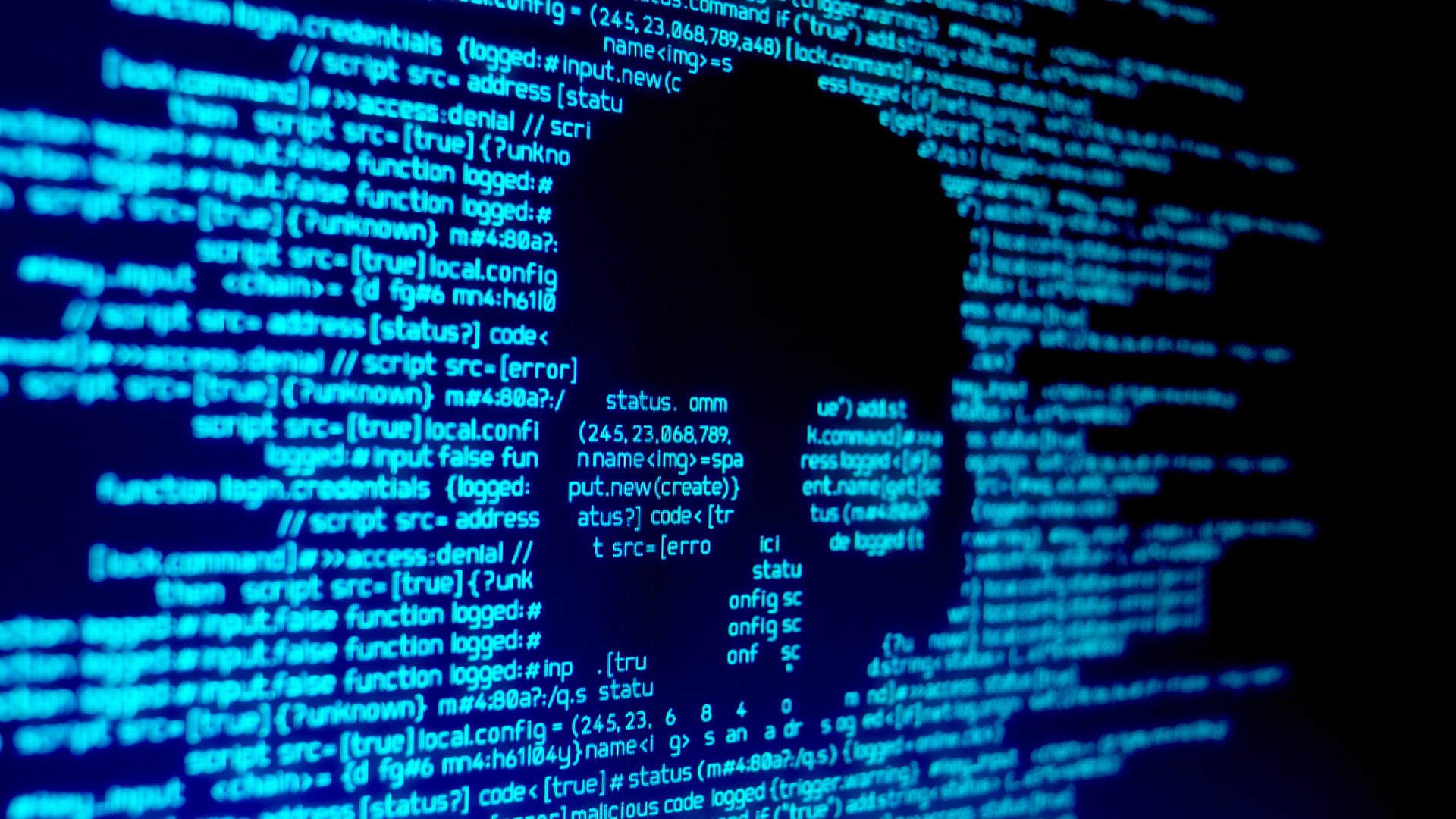 Brand-new Emotet campaign socially engineers its way from detection
Brand-new Emotet campaign socially engineers its way from detectionNews This latest resurgence follows a three-month hiatus and tricks users into re-enabling dangerous VBA macros
-
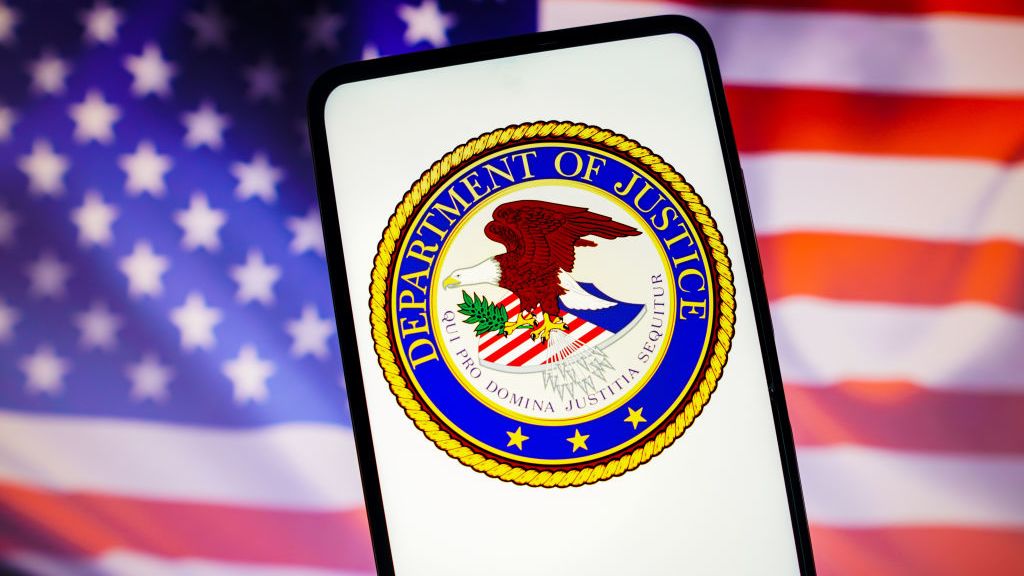 US begins seizure of 48 DDoS-for-hire services following global investigation
US begins seizure of 48 DDoS-for-hire services following global investigationNews Six people have been arrested who allegedly oversaw computer attacks launched using booters
-
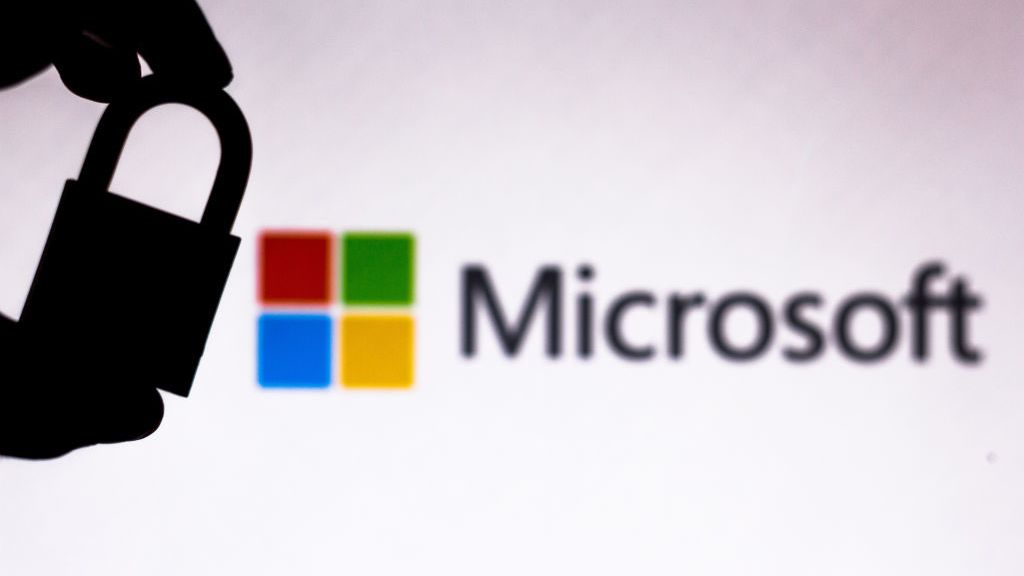 Microsoft says “it’s just too difficult” to effectively disrupt ransomware
Microsoft says “it’s just too difficult” to effectively disrupt ransomwareNews The company details its new approach to combatting cyber crime as the underground industry drains $6 trillion from the global economy
-
 Will triple extortion ransomware truly take off?
Will triple extortion ransomware truly take off?In-depth Operators are now launching attacks with three extortion layers, but there are limitations to this model